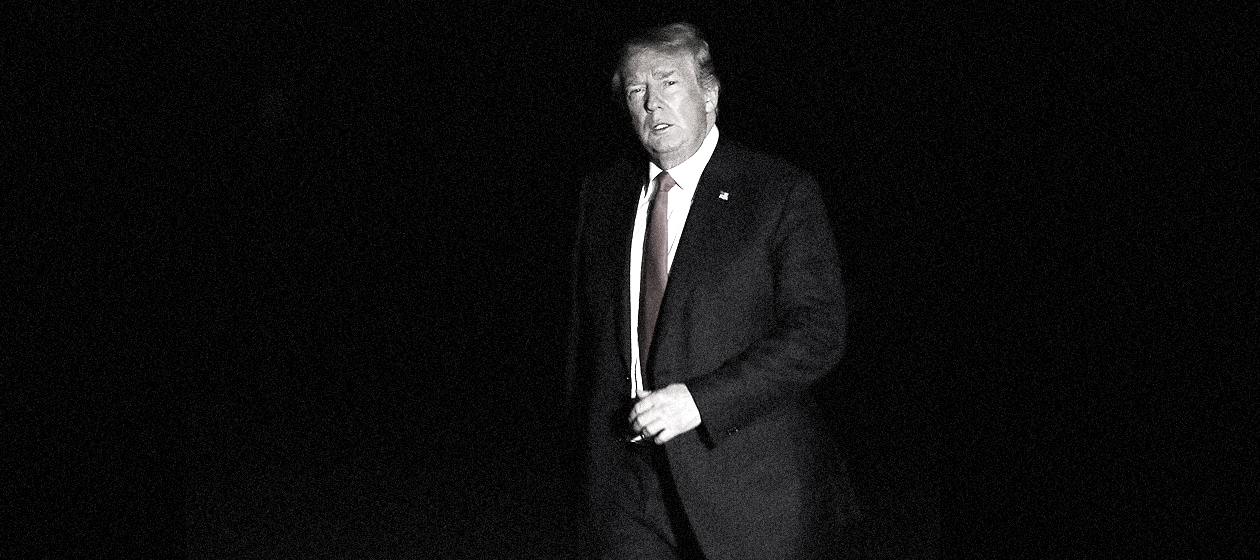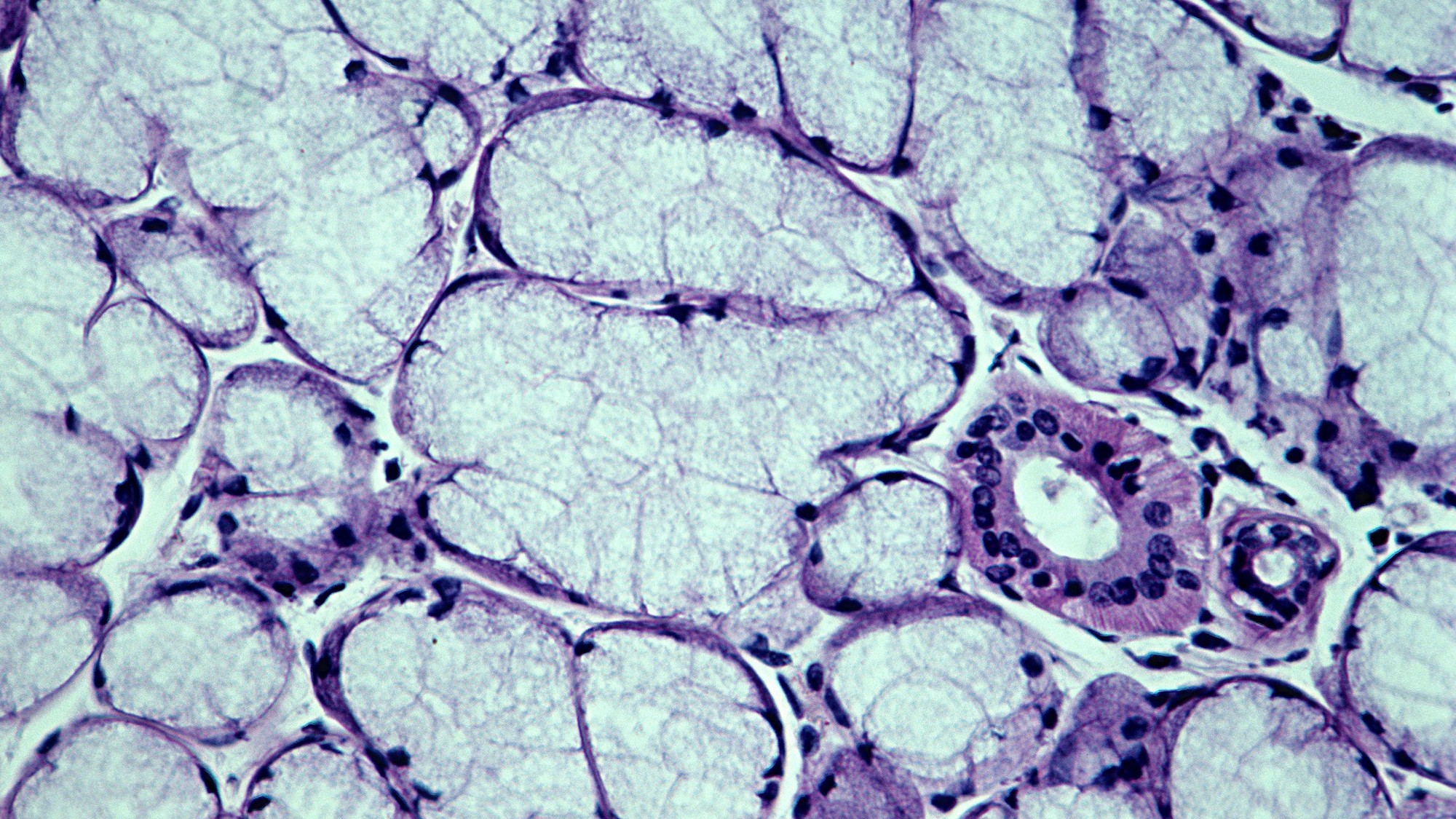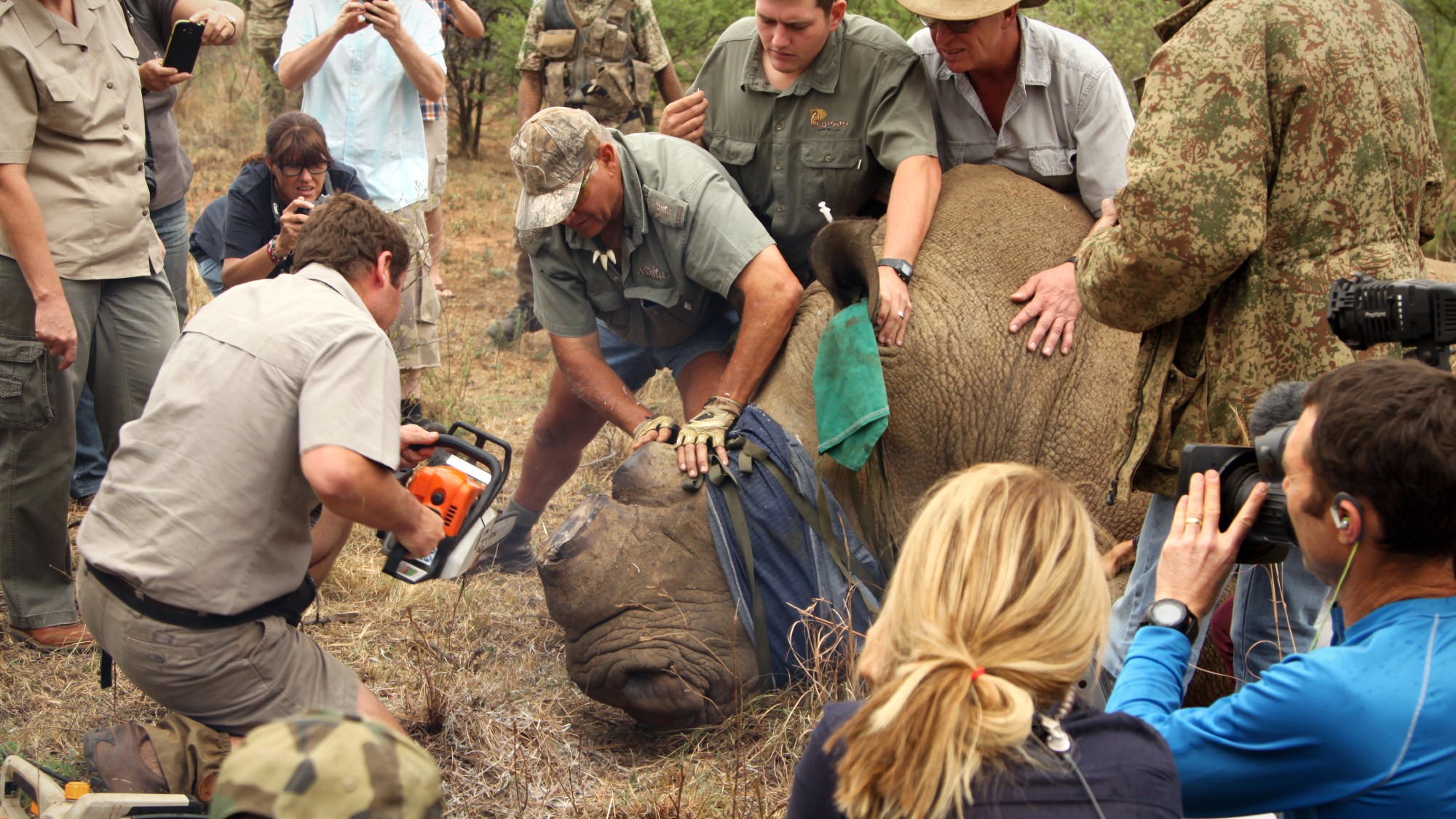The disturbing shamelessness of Trump's 'self-pardon' claims
The only absolute here is the president's utter lack of shame


America's constitutional system of checks and balances relies, as the ultimate check, on the simple human emotion of shame.
Unfortunately, President Trump is shameless.
The president once again demonstrated his shamelessness — naturally — in a Monday morning tweet.
Subscribe to The Week
Escape your echo chamber. Get the facts behind the news, plus analysis from multiple perspectives.

Sign up for The Week's Free Newsletters
From our morning news briefing to a weekly Good News Newsletter, get the best of The Week delivered directly to your inbox.
From our morning news briefing to a weekly Good News Newsletter, get the best of The Week delivered directly to your inbox.
Actually, there's plenty of legal debate over whether the president has the power to pardon himself. But even if he does: Wouldn't that take an incredible amount of chutzpah?
Yes. But that's not a quality Donald Trump lacks, is it?
The president's inability to feel — or, at least, his ability to completely disregard — shame has long been established. He's the man who mocked John McCain's time as a prisoner of war and the disability of a New York Times reporter, and who once mused about his hypothetical ability to shoot someone on Fifth Avenue without losing any electoral supporters. And that's not to mention his treatment of women. Words and acts that would drive other men to red-faced apologies instead are defended endlessly by this president and his supporters. The list of examples goes on and on: If nothing else, Trump's willingness to plaster his name on real estate on multiple continents has long demonstrated a certain lack of humility, which is a precondition for shame.
But what does shame have to do with the Constitution?
Plenty, as it turns out. A glance at the Federalist Papers tells us two important things about the president's pardon power: First, that it was expected the power would be used to correct injustices — including cases where the law had fallen too hard upon someone who was properly convicted. Second: The Founders expected the president's temptation to misuse his pardon power would be tempered by the fact that, well, he wouldn't want to look like he was misusing his pardon power.
"The reflection that the fate of a fellow-creature depended on his sole fiat, would naturally inspire scrupulousness and caution," Alexander Hamilton wrote in Federalist 74. "The dread of being accused of weakness or connivance, would beget equal circumspection, though of a different kind."
In other words: A responsible president wouldn't want the public shame of granting an unjust pardon.
Hamilton, known for a bit of shamelessness himself, probably never imagined a president like Trump. Connivance is plainly part of the package; circumspection less obviously so.
Trump, through his pardons, has already demonstrated whom he sees as his "fellow creatures" worthy of mercy — people like Sheriff Joe Arpaio and conservative provocateur Dinesh D'Souza, men prominent for their ugly treatment of immigrants and minorities, and popular with Trump's base for those stances. (They've also been done without the "scrupulousness and caution" that Hamilton expected — Trump granted both pardons while bypassing the presidential office responsible for evaluating petitions for clemency.) Yes, he also pardoned Jack Johnson, the turn-of-the-20th-century boxer who was the target of racist law enforcement, but that may have been the exception that proves the rule: Trump has not offered such compassion to any living black man.
There is one explicit limit on the president's pardon powers: He cannot save anyone — including himself — from impeachment.
We don't know what Robert Mueller's investigation will determine: Right now, we have more speculation than evidence about what's going on inside the special counsel's offices. At this point, however, it's clear that if he finds wrongdoing by Trump or his inner circle, Trump will issue a pardon in an attempt to short-circuit justice. Rather than feeling shame, it's almost certain he would defy any judgment against him with pride.
That would put the ball squarely in Congress' court. And there's little evidence the Republican-held Congress would be inclined to impeach a chief executive from their own party. And if Democrats take Capitol Hill in November, they would have to mount any impeachment by themselves, without bipartisan cover.
Which means the problem of shame isn't limited to Trump. As long as the Republican Party continues to turn a blind eye to the president's lies and misdeeds, shamelessness will continue to rule the land.
Sign up for Today's Best Articles in your inbox
A free daily email with the biggest news stories of the day – and the best features from TheWeek.com
Joel Mathis is a writer with 30 years of newspaper and online journalism experience. His work also regularly appears in National Geographic and The Kansas City Star. His awards include best online commentary at the Online News Association and (twice) at the City and Regional Magazine Association.
-
 The marvelous powers of mucus
The marvelous powers of mucusThe Explainer It's snot just a pesky cold symptom
-
 What to know about the 'no tax on tips' policy
What to know about the 'no tax on tips' policyThe Explainer The new bill would make tip income exempt from federal income taxes
-
 Dehorning rhinos sharply cuts poaching, study finds
Dehorning rhinos sharply cuts poaching, study findsSpeed Read The painless procedure may be an effective way to reduce the widespread poaching of rhinoceroses
-
 The JFK files: the truth at last?
The JFK files: the truth at last?In The Spotlight More than 64,000 previously classified documents relating the 1963 assassination of John F. Kennedy have been released by the Trump administration
-
 'Seriously, not literally': how should the world take Donald Trump?
'Seriously, not literally': how should the world take Donald Trump?Today's big question White House rhetoric and reality look likely to become increasingly blurred
-
 Will Trump's 'madman' strategy pay off?
Will Trump's 'madman' strategy pay off?Today's Big Question Incoming US president likes to seem unpredictable but, this time round, world leaders could be wise to his playbook
-
 Democrats vs. Republicans: who are the billionaires backing?
Democrats vs. Republicans: who are the billionaires backing?The Explainer Younger tech titans join 'boys' club throwing money and support' behind President Trump, while older plutocrats quietly rebuke new administration
-
 US election: where things stand with one week to go
US election: where things stand with one week to goThe Explainer Harris' lead in the polls has been narrowing in Trump's favour, but her campaign remains 'cautiously optimistic'
-
 Is Trump okay?
Is Trump okay?Today's Big Question Former president's mental fitness and alleged cognitive decline firmly back in the spotlight after 'bizarre' town hall event
-
 The life and times of Kamala Harris
The life and times of Kamala HarrisThe Explainer The vice-president is narrowly leading the race to become the next US president. How did she get to where she is now?
-
 Will 'weirdly civil' VP debate move dial in US election?
Will 'weirdly civil' VP debate move dial in US election?Today's Big Question 'Diametrically opposed' candidates showed 'a lot of commonality' on some issues, but offered competing visions for America's future and democracy